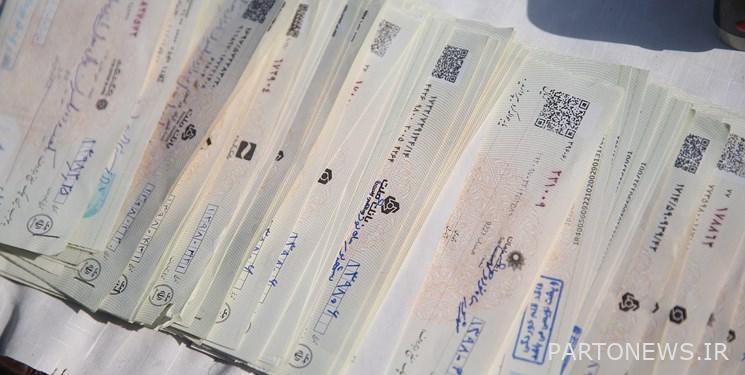Reducing the time to fix bad effects from bounced checks

According to Fars news agency, citing the public relations of the Central Bank, with the implementation of the provisions of the new check law and the launch of the countermeasure system, the average time to remove the bad effects of returned checks from 40 days in the past years to 12 days in the last 8 months, which is a 70% reduction. is showing.
This law imposes strictures on bounced check issuers and deprives them of various banking services, including the impossibility of opening an account and issuing a new bank card, and even extending the validity date of the card and issuing a duplicate card, blocking the funds of all accounts and bank cards belonging to the issuer. Banks and credit institutions have seen positive changes in the amount of check deficit, non-payment of any bank facilities and non-opening of foreign currency or Riyal letters of credit.
With the application and implementation of these restrictions, the issuers of bounced checks have no choice but to remove the bad effect from their checks and take action for this issue as soon as possible. As the statistics show, the average time to fix the adverse effects of returned checks has decreased by 70%.
Also, additional statistics show that with the introduction of the counter, more than 80% of the returned check amounts were corrected after 3 days, while it used to be 37 days. In fact, the average time to fix the bad effect for 80% of the checks has decreased by 90%. The importance of this issue is that the holders of bounced checks will get their money as soon as possible and they will have the least number of referrals to judicial institutions to collect their checks.
On the other hand, the statistics show that during the past years and with the implementation of this law, the process of returned checks to an exchange was greatly reduced. In this context, the percentage of returned checks in April 2019 was equal to 18.3% and the amount of these checks was equal to 20%. It was with 8.7 percent. In fact, based on these statistics, the number and amount of returned checks have decreased by 60% compared to exchanged checks.
The statistics of exchanged checks also show that with the implementation of the new check law, the validity of this credit payment instrument has increased significantly, so that in April 2019, about 6 million and 100 thousand items were exchanged in the whole country, and this statistic increased to more than last March. 8,600,000 items have been received, which is the highest number of checks issued in recent years.
end of message/
You can edit this article
Suggest this article for the first page

